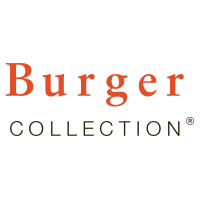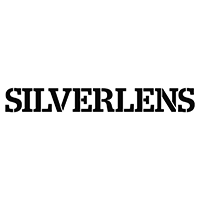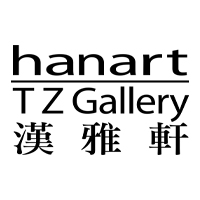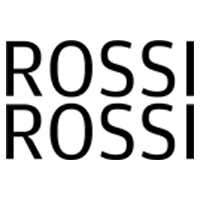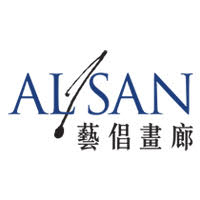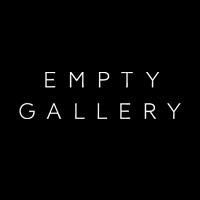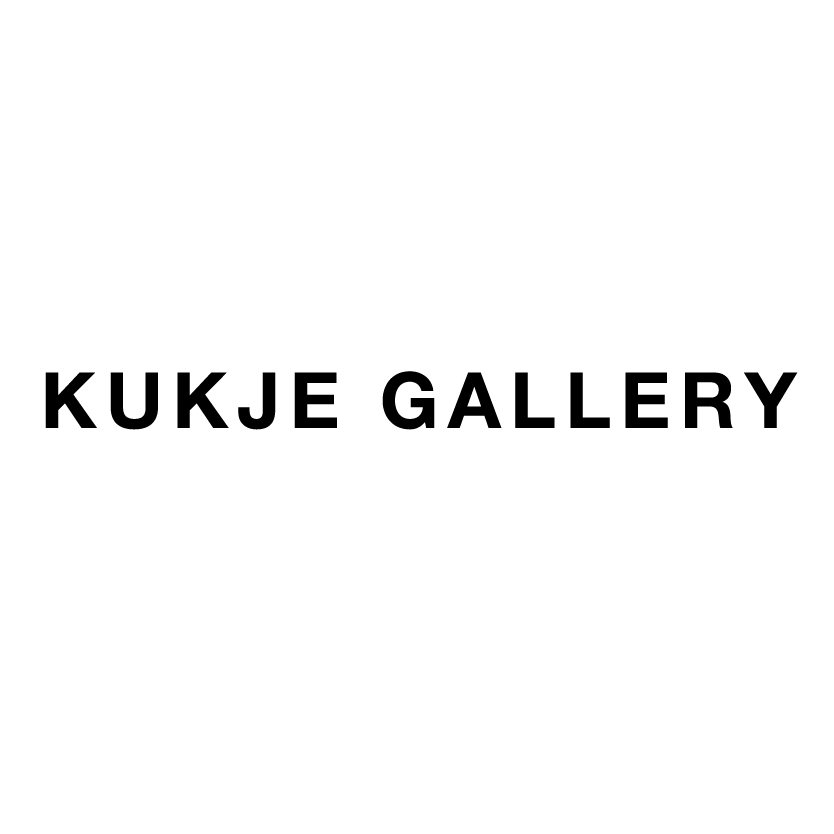Inside/Outside: Thinkers And Doers Renew The Arab World In Paris
By Kevin Jones

The Institut du Monde Arabe in Paris, which held the first international forum of the Arab world.
On January 15 and 16, debates echoed through the Jean Nouvel-designed couloirs of Paris’ Institut du Monde Arabe (IMA) as the so-called “Arab world’s” thinkers, movers and shakers chimed in with their Western homologues in order to fathom the “renewal” of the region. The 21 Arab member states of the IMA, an institution presided since 2013 by the charismatic former French Culture Minister Jack Lang, welcomed over 100 intellectuals, ministers, economists, writers and researchers from the Gulf Cooperation Council (GCC), North Africa and the Levant—under the banner “Renewal of the Arab World”—to wrestle questions ranging from energy to education, including entrepreneurship, women’s empowerment, urban planning and, last but (one hopes) not least, culture. Planned since early 2014 as part of Lang’s push to modernize the IMA’s cultural mandate and position it as a “laboratory of ideas,” the forum found itself unwittingly shrouded in post-Charlie Hebdo gravitas. For some, the timing was perfect—at once an opportunity to deliver key messages on non-negotiable freedoms and an optimistic antidote to the grim events.
Further weightiness was added not only by the inaugural presence of President François Hollande, whose speech was met with a standing ovation, but also by the slogan “Nous Sommes Tous Charlie” (“We Are All Charlie”) emblazoned in crimson across the IMA’s suave façade, written in both French and Arabic in three-meter-high letters. As some critics harangue the shallow solidarity the slogan promotes, it seemed a slightly presumptuous welcome mat for a forum whose title appears, at best, prescriptive. What could “renewal” be in Arabic, wondered political scientist and Arab-world specialist Dr. Gilles Kepel. Hovering somewhere between a “renaissance”—as President Hollande augured—and an urgent, introspection-fueled “reassessment,” the word “renewal,” like the solutions themselves, seemed to defy easy classification.
Some attendees found new vantage points from which to analyze familiar problems: Anna Somers Cocks, CEO of The Art Newspaper, highlighted how many Arab educational systems, favoring rote memorization, cultivate a fear of failure in students, with a “stultifying effect on society and reluctance to question orthodoxies.” Whereas others bemoaned a Petri-dish view of the region, in which an uneasy outside-looking-in approach prevailed. “It was bifurcated between those of us working in the region and those outside of the region who ‘study’ it,” remarked Arab-American Hanan Sayed Worrell, senior representative and advisor for the Solomon R. Guggenheim Foundation in Abu Dhabi and long-term GCC resident. “The inter-Gulf dialogues were the most interesting,” continues Worrell, referencing a Saudi cultural sector participant elucidating government priorities of museums as “luxuries” behind housing, hospitals and schools for the Kingdom’s nearly 29 million inhabitants, in contrast to the Emirates and Qatar who see such cultural institutions as integral to educational development and economic diversification.
Three museums in Abu Dhabi—the Louvre, the Guggenheim and the Zayed National Museum—were under the spotlight during the “inspiration session,” entitled “Museum Strategy: A Tool towards Attractivity and Influence?” It was perhaps the first time these fledgling institutions have been spoken about in depth on the international stage. Presented by the women who masterminded the museums’ respective programming under the auspices of the Abu Dhabi Tourism and Culture Authority (TCA), each narrative was made manifest and distinct—the Louvre’s “universality,” the Guggenheim’s “multiple modernities”—constituting an encouraging step towards quelling the skepticism these institutions generally ignite in the West.
“How is Creativity Pushing the Boundaries?”—the title of a “reflection session” moderated by Somers Cocks—seemed to sum up the very vocation of culture as a vector of change. From Moroccan Aadel Essaadani’s pan-African Arterial Network linking cultural players across the continent and beyond, to Tunisian Lina Lazaar Jameel’s astounding invitation to Jeddah-resident Filipino photographers to show their work in last year’s Jeddah Art Week (JAW), which effectively placed a practically invisible underclass in dialogue with the Saudi art elite, culture seemed an eager instigator of alternative spaces and mindsets.
If at least part of the “Renewal of the Arab World” forum was “responding to terror with culture,” as a headline in French daily newspaper Le Monde proclaimed, there is still much work to be done to counter the “ignorance and obscurantism” referenced by Zaki Nusseibeh, cultural advisor to the UAE president, in his closing remarks. “This is a very early building block,” admits Worrell. Perhaps this is why the region’s movers and shakers will roll up their sleeves to reconvene in 2016, when the forum is reinstated for its second edition.


